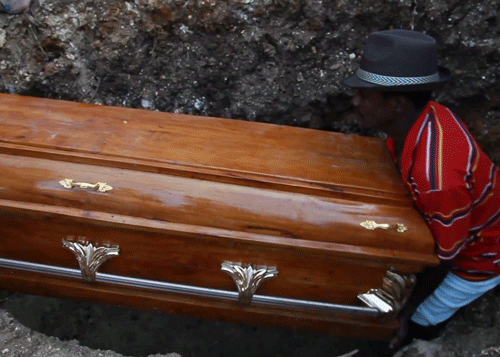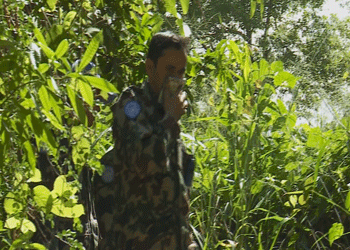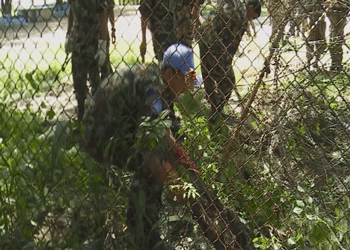Update: Since this story first published, a federal judge in the United States District Court for the Southern District of New York has agreed to hear in one of three lawsuits filed against the United Nations by Haitian familes for the organizations role in the cholera epidemic. Among the arguments to be presented is over the issue of whether the UN can calim immunity in the proceedings.
The outbreak of cholera in Haiti has so far claimed more than 8,500 lives and sickened more than 700,000 people since October 2010. Epidemiologists identified the Haitian strain of the illness, which causes severe diarrhea and can result in death from dehydration, as one that originated in Nepal, a country where cholera is endemic to the population.

Prior to the fall of 2010, there had been no cholera outbreaks in Haiti for a century. When Nepalese soldiers, who came to the country as part of a UN peacekeeping effort in the wake of the country’s devastating January 2010 earthquake, arrived in Haiti, they set up a base near the Artibonite River. Three years later, Haiti had rocketed to the top of the World Health Organization’s list of countries with highest number of diagnosed cholera cases this year.
That distinction is despite the country registering just only 5,200 new cases in the first four months of 2014, an incidence rate down 77 percent from the last four months of 2013. While that appears an encouraging sign, the country just began its rainy season, which will last until October. During that period, spread of the waterborne illness is likely to spike among a population, of which only 20 percent have access to sanitation. Meanwhile, only a third of the cholera treatment centers once on hand to deal with the outbreak are still open.
Deaths from cholera in each department, the Haitian equivalent of a state. Darker regions have reported more cases. Click on the department to see how many cases have been reported there and how many people have died as of April 30, 2014. (Data from Haitian Ministry of Public Health and Population (MSPP))
While lack of sanitation puts Haiti’s people at risk of further infection, a lack of funds is stifling those who are trying to eradicate the cholera. A UN 10-year plan has thus far raised less than half of the $450 million it needs just to fund a portion of its efforts focused on improving sanitation and offering vaccines for prevention. (The entire plan is budgeted at more than $2 billion.) The Haiti government has its own, more aggressive, two-year plan, which has also raised less than half of an estimated $450 million.
Even before cholera was identified in 2010, Fault Lines correspondent Sebastian Walker was on the scene at the likely source of contamination, the Nepalese envoy’s base camp, where a hurried cleanup was underway. Al Jazeera broke the story that the UN likely brought cholera to Haiti. But, despite the mounting evidence of its role, the UN still refuses to take responsibility for the epidemic and has invoked diplomatic immunity to refuse to pay compensation to victims and their families.
In our 2013 Peabody Award-winning film “Haiti in a Time of Cholera,” Fault Lines detailed the human cost as the outbreak reached its third year. Our investigation found that the scale of the epidemic was far worse than officially acknowledged and that there are likely many cholera cases and deaths that aren't being recorded in official counts.

|

|
In March, close to 1,500 Haitians filed a lawsuit against the U.N. in a Brooklyn federal court, citing documents that show that, in 2004, while negotiating a U.N. presence in Haiti, the organization waived its right to immunity. The plaintiffs seek compensation for deaths and illnesses attributable to the cholera outbreak and monies to pay for improvements to the country’s water system. The case is one of three class-action suits currently pending against the U.N., seeking that it admit wrongdoing and accept the blame for releasing the plague of cholera on Haiti’s people.
# OF CHOLERA CASES
Cases of cholera in each department, the Haitian equivalent of a state, over the past four years. Darker regions have reported more cases. Click on the department to see how many cases have been reported there and how many people have been stricken with the illness by the end of each year up to late-August 2014. (Data from Haitian Ministry of Public Health and Population (MSPP))
Error
Sorry, your comment was not saved due to a technical problem. Please try again later or using a different browser.